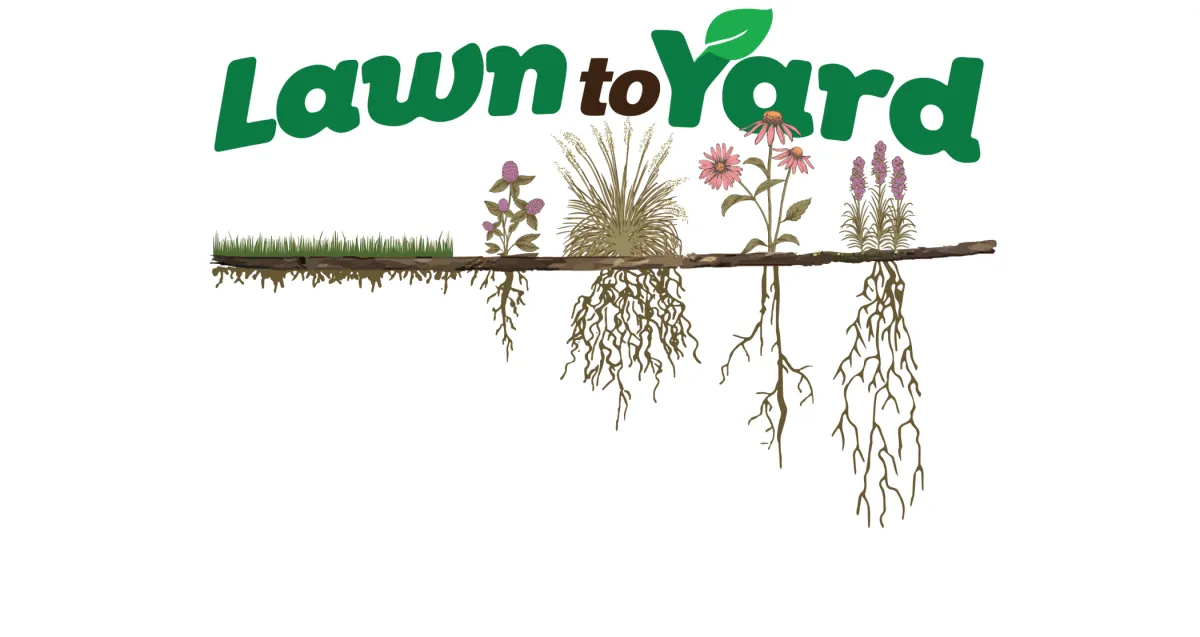

Black-Eyed Susan (Rudbeckia hirta)
$6.00
Common Name: Black-Eyed Susan
Scientific Name: Rudbeckia hirta
Type of Plant: Herbaceous perennial (often grown as an annual or biennial)
Sun Requirements: Full sun to partial shade
Soil Requirements: Well-draining soil; tolerates a range of soil types, including clay and loam
Moisture Requirements: Moderate moisture; drought-tolerant once established
Season of Interest: Summer to early fall
Height: Typically 2-3 feet tall
Width: 1-2 feet wide
Flower Color: Bright yellow petals with a dark brown to black center
Ideal Planting Locations: Meadows, prairies, borders, cottage gardens, and naturalized areas
Benefits for the Area: Attracts butterflies, bees, and other pollinators; provides long-lasting color and charm to the garden; supports wildlife with its nectar-rich flowers.
Medicinal Uses: Traditionally used by Native Americans to treat colds, snake bites, and sores.
Edible Uses: Not commonly consumed.
Host Plant for:
Various butterflies and insects
Spring Care: Cut back any dead growth from the previous year; divide clumps if they become too large.
Summer Care: Water during prolonged dry periods to maintain moderate moisture levels; deadhead spent flowers to encourage more blooms.
Fall Care: Allow seed heads to mature if you want to attract birds; cut back the plant after the first frost.
Winter Care: Black-Eyed Susan is hardy and typically requires minimal care during winter; ensure mulch remains in place to provide root protection.

Follow Us
Follow Us
© Copyright 2024. Lawn to Yard LLC. All rights reserved. Privacy Policy - Terms of Use